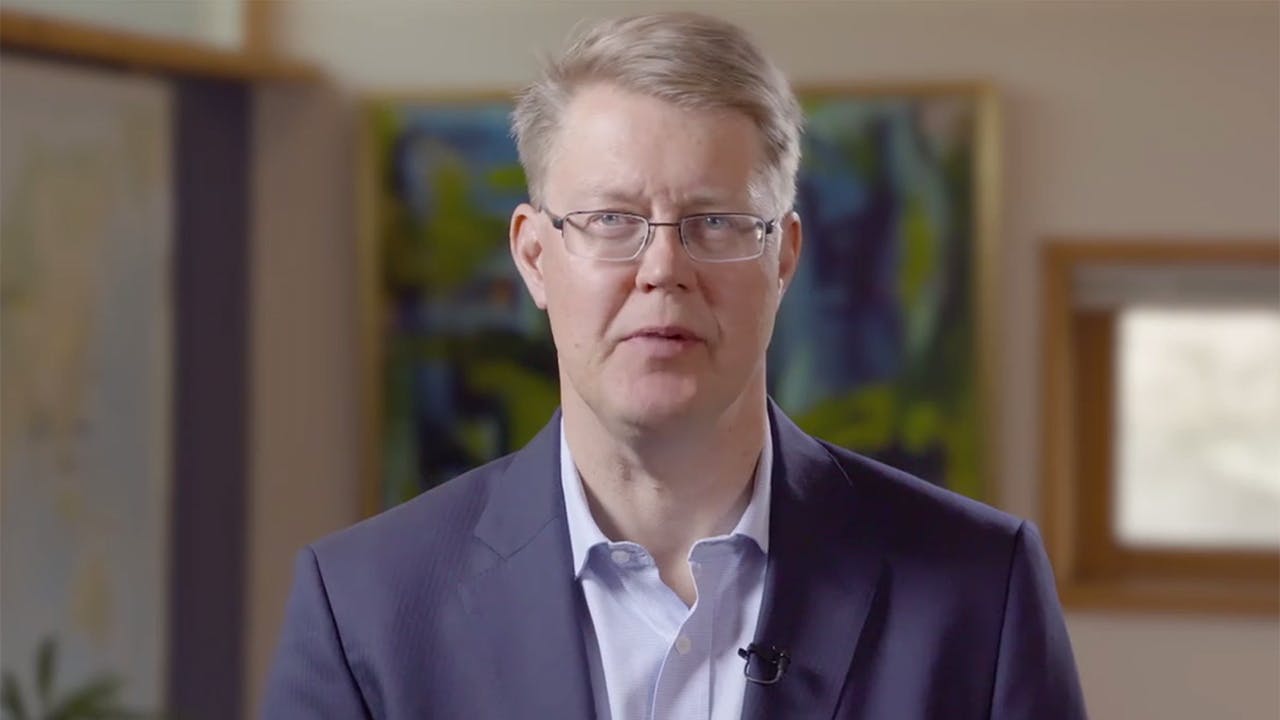Making ROCKWOOL insulation in Ranson
The making of our stone wool insulation: an overview of the manufacturing process
Mineral wool or “stone wool” is a natural product made mostly from volcanic rocks. Natural rocks (such as basalt, dolomite and bauxite) may be supplemented with recycled mineral wool and slag from the steel industry. The stone wool manufacturing process consists of the following eight steps that ROCKWOOL has continued to refine over the course of our 80-year history.
- Material Handling / Charging
- Melting
- Spinning
- Wool Collection
- Curing / Cooling
- Cutting and Marking
- Recycling Plant
- Packing / Unit Load
Take a tour of our factory locations
Watch the below video to see for yourself the operations and production of stone wool insulation within our advanced manufacturing production process.

Resources
Learn more about how insulation is made, and the materials used in our production process fact sheet and raw materials fact sheet.








